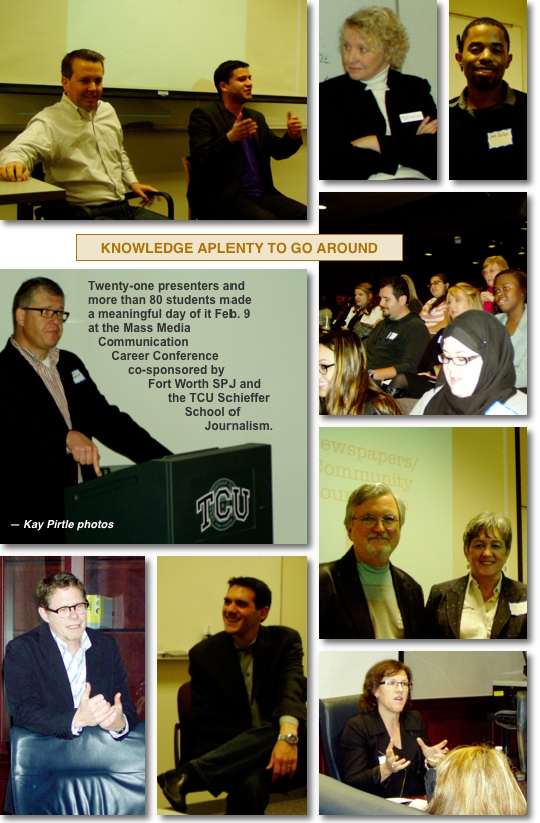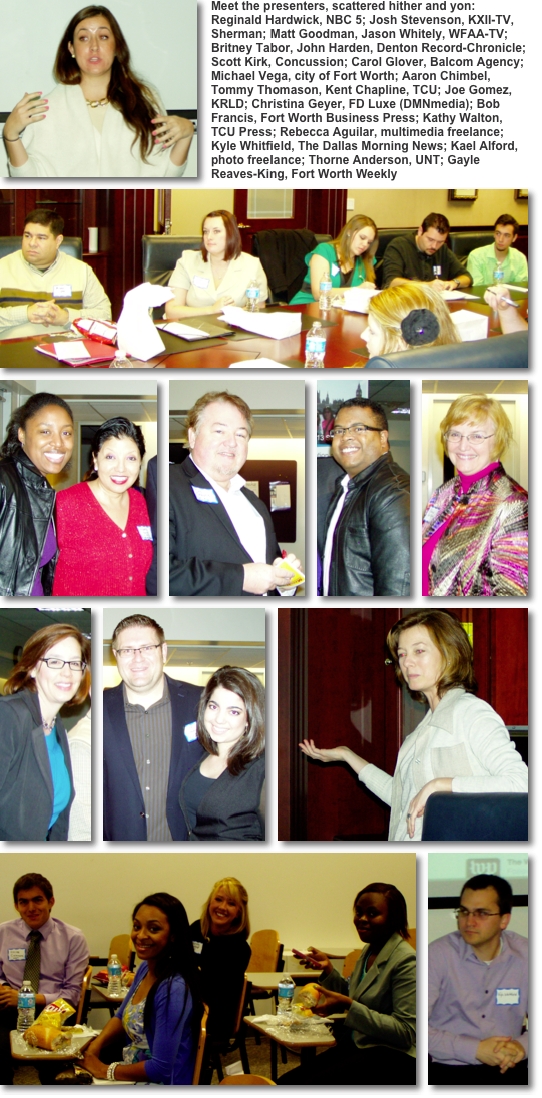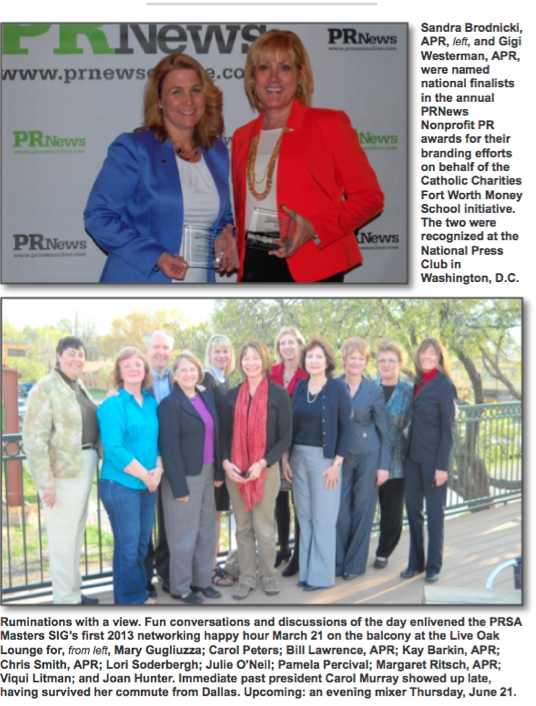















PRSA local update III: This Month in PR/Marketing History (by Jeff Rodriguez). April 16, 1947: U.S. and Soviet relations heated up when longtime presidential adviser Bernard Baruch gave a speech in which he coined the phrase “Cold War.” He dropped a series of f-bombs (foreboding remarks) and warned of enemies
abroad and at home. “Let us not be deceived,” he said, “we are today in the midst of a cold war.” • April 22, 1970: The back seat of your car may be messy, but it’s nothing compared to the clean-up performed by millions of Americans on the
first Earth Day. The creation of Wisconsin Sen. Gaylord Nelson, Earth Day would “force this issue permanently onto the national political agenda.” Here Nelson succeeded. But he also wanted to “shake the political establishment out of its lethargy.” As we know now, it would have been easier for him to just clean the planet
himself. • April 11, 1951: President Harry S. Truman gave a speech announcing that peace talks had broken down between the United
States and, um, the United States — leaving him no choice but to fire Gen. Douglas MacArthur. For months, MacArthur had been pushing to expand the war on the Korean
peninsula. Truman believed that MacArthur dangerously underestimated China’s strength. Public opinion favored MacArthur. A senator called for Truman’s impeachment. Even the Japanese media criticized the president. MacArthur,
meanwhile, got a hero’s parade in San Francisco attended by 500,000 plus the largest ticker tape
parade New York City had ever seen. But the haberdasher from Missouri had a
clear vision, and he knew how to articulate it. “It is right for us to be in Korea,” he said, but “it would be wrong, tragically wrong, for us to take the initiative in extending
the war. ... I believe that we must try to limit the war to Korea for these
vital reasons: To make sure that the precious lives of our fighting men are not
wasted; to see that the security of our country and the free world is not
needlessly jeopardized; and to prevent a third world war.” MacArthur was fired, Truman concluded, “so that there would be no doubt or confusion as to the real purpose and aim of
our policy.” Give ’em hell, PR pros.












